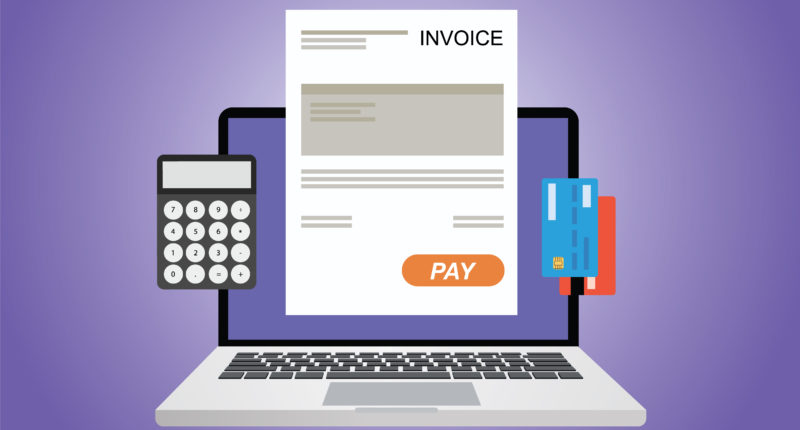The Central Board of Indirect Taxes and Customs (CBIC) has notified compulsory e-invoicing under Goods and Services Tax (GST) from 01 October 2020 for the entities with a turnover of Rs 500 crore or more. The CBIC said in the notification that the decision to increase the threshold for e-invoicing from Rs 100 crore to Rs 500 crore was taken on the recommendation of GST Council. The CBCI also notified few changes made to the e-invoice schema in a separate notification.
An empowered panel of the GST Council recommended excluding entities with turnover up to Rs 500 crore from mandatory e-invoicing which is intended to improve tax compliance. Also, the panel recommended that the CBIC can roll out the e-invoicing from 01 October 2020 with specified higher threshold limit.
Also Read: GST Intelligence Found GST Evasion by Aurangabad and Nashik-based Breweries
The e-invoicing or electronic invoicing is a process of submitting a sales invoice in an Invoice Registration Portal (IRP) which was designated by GSTN. The business can automate a lot of data entry work which leads to a reduction in errors and mismatches. It captures sales related details in the system instantaneously and improves compliance. The e-invoicing is expected to improve tax officials’ trust in the compliance of entities and reduce the chances of audits or surveys.
The e-invoicing would also help in auto-populating certain annexures which are important in GST return filing. The GST authorities planned e-invoicing only for Business to Business (B2B) transactions. The increase in the threshold will enable large entities to go ahead with adopting this system while giving ample time to small entities to understand the new system.
For any clarifications/feedback on the topic, please contact the writer at dvsr.anjaneyulu@cleartax.in
DVSR Anjaneyulu known as AJ, is a Chartered Accountant by profession. Loves to listening to music & spending time with family and friends.





